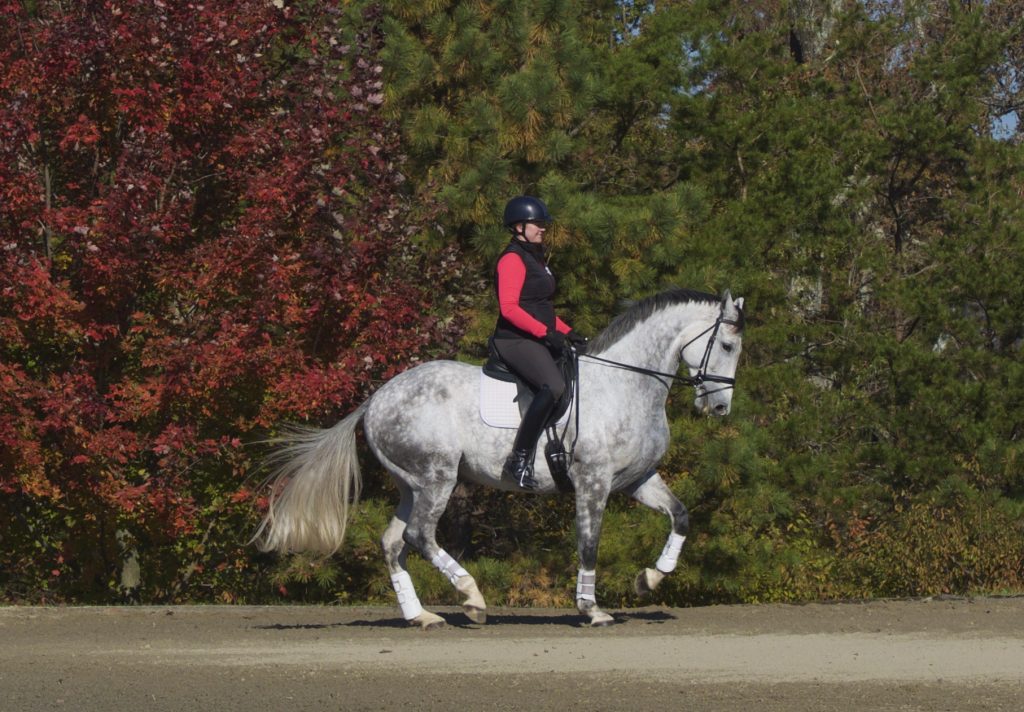We’re coming into horse sale season, and particularly at a time when sales have been wacky for more than a year, it’s going to be an interesting ride this autumn. If you’re on the hunt for a new horse, here are a few things trainers wish you knew.

1. Often – not always, but often – you get what you pay for. If quality is what you want, you’re going to pay for it one way or another, either in the form of the expense of a trained horse, or the expense of the training help required to guide you into getting a prospect there. And let’s be clear: I’m not saying that getting a young horse is the wrong answer for a rider who wants to learn and go up the levels. Far from it, as I much prefer working with good raw material and helping my students install the training themselves, rather than trying to learn someone else’s work (and, often, undo someone else’s messes!). But just know that, especially if you’ve never done it before, you’re going to need some help molding that prospect into a useful citizen.
2. Horses do not stay trained on their own. If you go the schoolmaster route, there is no amount of money you can spend on the animal itself that will keep the horse sharp, supple and capable in spite of inexpert riding. It’s ok that you’re learning, and that you bumble around a bit while you do. But that bumbling is going to inevitably dull the horse you’ve bought. Staying in a program with a competent trainer can help you both maximize the opportunity to learn from an educated horse, and also protect your investment.
3. Selling a horse is not giving up, failing, or abandoning it. Anyone who gives you grief for selling a horse that isn’t working out for you can go right to hell. There’s a million reasons why a horse isn’t right for you, even when you did your due diligence in purchasing him in the first place. Or maybe you’ve invested in a project that you put your time in and want to move along. No matter what, it’s your business, and everyone else can stick it.
4. No matter how wonderful a new horse is, there will be a point in the “getting to know you” process where it stinks. The honeymoon tends to end at the 3-6 month mark. Try not to panic. It gets better. Listen to your coach. And yes, sometimes things go bad because you and the horse aren’t going to work out. But I’m a professional rider, and I’m a good one, and I usually hit a wall somewhere in that 3-6 month window, too. It happens.
5. Lastly, “maintenance” is not a sign that a horse has a problem. Maintenance is a sign the animal has been well cared for. A lack of maintenance isn’t a sign that the animal is healthy, a lack of maintenance is a sign that the animal’s veterinary needs may not have been met. And being proactive with veterinary needs reduces the likelihood, over time, of injury due to overcompensation, hurting one body part trying to avoid using another body part that hurts.
Like Snippets? Sign up for the Sprieser Sporthorse Elite Club, where you’ll get even more monthly goodies, training tips, and a peek behind the scenes in the development of horses from foal to FEI. Click to learn more!